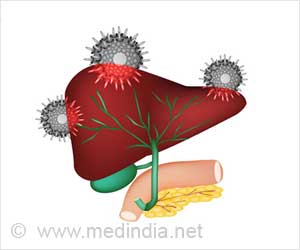Pakistan has one of the highest rates of (HCV) infection in the world, accounting for over ten percent of global HCV infections.
The previous study estimated that a direct investment of US$3.87 billion is required for HCV elimination in Pakistan, but did not capture the societal benefits of achieving HCV elimination, such as gains in workforce productivity due to people being free of HCV infection.
Understanding these wider benefits are important for informing decision-making.
The new study found that achieving HCV elimination in Pakistan could yield substantial societal health and economic benefits.
These benefits include saving 333,000 lives and averting considerable morbidity due to ill health, leading to improvements in health-related quality of life and workforce productivity.
The research findings published in PLOS Medicine, looked beyond the direct investment required to reach HCV elimination by evaluating the productivity and health gains to estimate the potential return-on-investment for eliminating HCV in Pakistan.
They also investigated the costs saved from partially integrating HCV testing services into existing healthcare infrastructure.
Dr. Aaron Lim, Research Fellow in Infectious Disease Mathematical Modelling in the NIHR Health Protection Research Unit in Behavioural Science and Evaluation at the University of Bristol and lead author of the study, said: “Countries may be substantially underestimating both how much HCV is costing their economy and the benefits of elimination.
This study is critical because it provides the evidence needed to support continued investment in HCV elimination as a priority for Pakistan.
Source: Medindia



